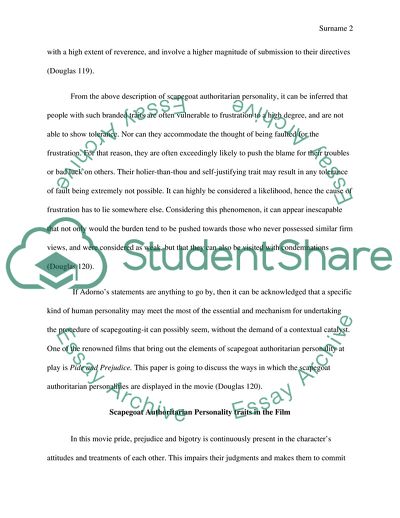Cite this document
(Scapegoat Authoritarian Personality Movie Review, n.d.)
Scapegoat Authoritarian Personality Movie Review. https://studentshare.org/visual-arts-film-studies/1868977-assignment-2-zh
Scapegoat Authoritarian Personality Movie Review. https://studentshare.org/visual-arts-film-studies/1868977-assignment-2-zh
(Scapegoat Authoritarian Personality Movie Review)
Scapegoat Authoritarian Personality Movie Review. https://studentshare.org/visual-arts-film-studies/1868977-assignment-2-zh.
Scapegoat Authoritarian Personality Movie Review. https://studentshare.org/visual-arts-film-studies/1868977-assignment-2-zh.
“Scapegoat Authoritarian Personality Movie Review”. https://studentshare.org/visual-arts-film-studies/1868977-assignment-2-zh.


